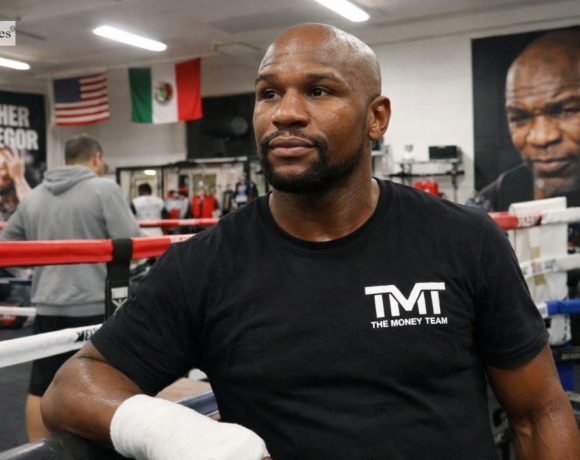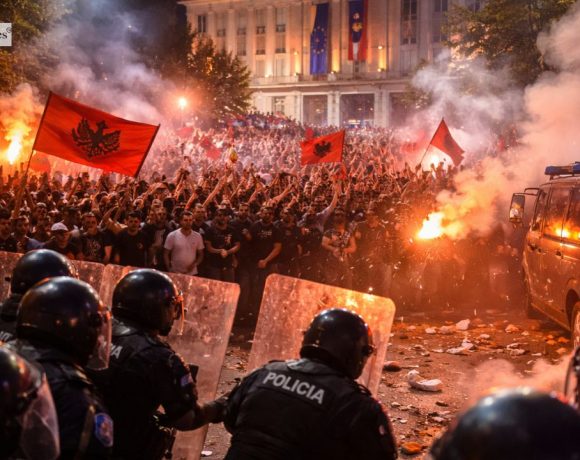
French President Emmanuel Macron has called for calm ahead of planned marches honoring a far-right activist killed last week. Speaking at the opening of the International Agricultural Fair in Paris, Macron stressed that violence has no place in the Republic and warned against the rise of militias. He said the government would remain vigilant and confirmed a meeting next week with the prime minister and key ministers to address concerns over extremist groups.
The rallies are being held in memory of Quentin Deranque, a 23-year-old who was beaten to death in a violent altercation that was widely shared on video and shocked the country. Authorities fear that the demonstrations could escalate into clashes between far-right activists and opposing antifascist groups.
The largest gathering is expected in Lyon, where Deranque was killed and where tensions between rival groups have been high. The interior ministry estimates that between 2,000 and 3,000 people may attend the Lyon march, with smaller rallies planned in several other towns across France.
Pic courtesy: google/ images are subject to copyright









